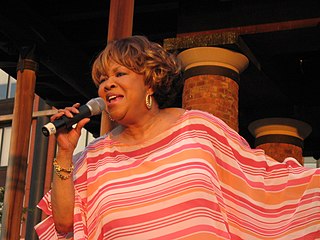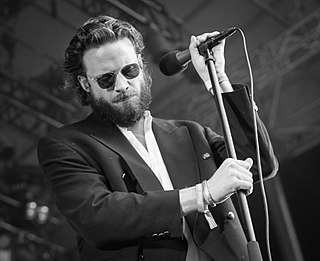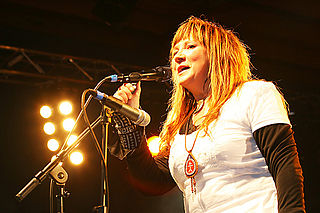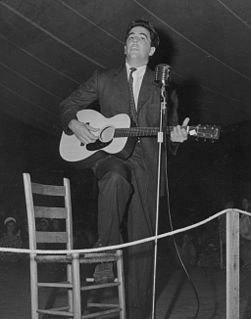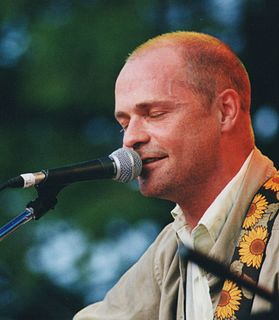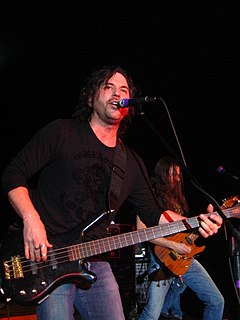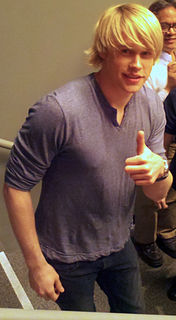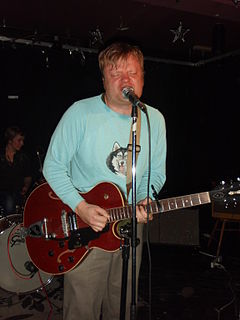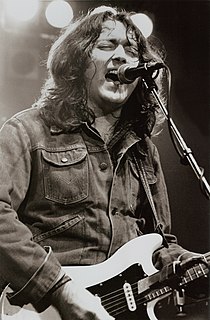A Quote by Michael Franti
We would play songs live on stage, and then we'd watch their reaction we were receiving immediately, if people were dancing and singing along. If they weren't, then we'd go into the dressing rooms of the different NBA teams that we were playing in their arenas, and we'd change the songs right there.
Related Quotes
We enjoyed the fact that we were called to the folk festivals and we got to know Joan Baez, Dylan. We were singing strictly gospel, but then after we started hearing songs that they would sing, we saw that those songs were very fitting for us because they were singing the truth, and truth is gospel.
We used to rehearse and that's where the roots of Dream Theater formed. Y'know, we used to play cover songs and jam to [Iron] Maiden and stuff but we were writing songs and it was this metal, loud style and we'd constantly get knocks on our door, because the rehearsal rooms were right next door to each other, and these jazz guys would be like, "Can you guys turn it down a little?"
I always wanted to sing, I always loved to sing. As a child I was singing all the time, and my parents were singing all the time, but not the traditional songs because they were very Christian; the Christian Sámis learnt from the missionaries and the priests that the traditional songs were from the Devil, so they didn't teach them to their children, but they were singing the Christian hymns all the time. So I think I got my musical education in this way. And of course the traditional songs were always under the hymns, because it doesn't just disappear, the traditional way of singing.
The first songs I learned were 'It Takes a Worried Man' and Woody Guthrie's 'Grand Coulee Dam,' 'Rock Island Line' - those kind of American folk songs that were probably on the edge of blues. After that was Eddie Cochran and Chuck Berry songs. And then I heard Muddy Waters, Jimmy Reed and Big Bill Broonzy on the radio.

